 Talking about race is not white America’s strong suit.
Talking about race is not white America’s strong suit.
I taught a course on racism and ethnic relations for the first time this semester and nearly every class period we were able to spend a good amount of time talking about highly relevant current events that had occurred since we met last. Police shootings, racist fraternity chants, grand jury decisions, overtly racist expressions, and more. At one point in the semester, we fell a bit behind the planned content because so much was occurring that reflected ongoing struggles in race relations in the US. As the semester comes to an end, it is no different. Organized protests are occurring in Baltimore against a long history of police abuse and the recent death of 25-year-old Freddie Grey while in police custody.
As I look back on a semester of talking about race, I hope students will continue their engagement with the topic in many ways. While non-white students are likely used to the topic being part of their lives, whites (myself included) can choose to ignore the issue of race. A few things I think we should do:
Make an effort…
- If you are white, don’t take the free pass that has been offered to you by society that allows you to ignore racial issues if you desire. Just because some of the issues may not directly affect you does not mean that you should avoid talking about it. Comfort and complicity will not contribute to social change.
- Remember how segregated our schools and neighborhoods are? After college (a constructed environment that tries to reflect the diversity of our broader society but in a very small geographic area) you will likely need to make a conscious and direct effort to interact with people who are different from you.
Stay engaged by…
- …reading. Continue to educate yourself. While some news sources still do a reasonable job, remember to think deeply about the issues. That often takes time and in-depth research.
- …being brave enough to bring up the issue with your friends and family. If you don’t, then the topic will likely never come up.
- …being an ally to the communities that are fighting for ongoing issues of racial justice.Change occurs through organized effort. Find an organization that you can be involved in and support.
- …participating or starting programs in your communities that address race issues. Show that these are important issues to everyone, not just racial and ethnic minorities.
When you talk about race and racism…
- …don’t cleanse it of whites and the privilege that the system continues to provide them/us (I’m a white male). Make it explicit that the system has always been designed for and implemented by whites. This should be made explicit.
- …remember that history is in fact very important and explain why blackface, sombreros, and feathered headdresses are offensive when denigrated as costumes by whites. Preferably do this before someone shows up at a party wearing them.
- …be sure to listen more than you talk. If you are white, you are likely used to having avenues for your voice to be heard. In forums, classes, discussions, talks, and at dinner with friends be sure everyone’s voice is heard.
- …acknowledge change and complexity. We cannot deny or ignore the positive social change that has occurred in the last 50 years. We know that it did not occur “naturally” or through white benevolence, but rather through decades of organized resistance.
- …find a way to help people understand that just because THEY are not racist does not mean that racism does not exist. Structural racism no longer requires individual overt racists. Inequalities have been built into the system and that system is excellent at reproducing itself.
Think critically…
- …as you earn positions of power in your career and community. Be sure to analyze how the racialized system is at work within the organizations and institutions you are a part of.
- …by finding opportunities and points of leverage to make change within the organizations.
- …and be reflective and apologetic not dismissive if you are accused of being racist. Too often people who have been caught saying racist things respond with, “I was only joking” or “I’m not racist” instead of, “I apologize for offending you and I will take time to think about what it is in my beliefs that made me think it was okay to say that.”
- …by educating others about why their seemingly harmless statements about being “colorblind” actually perpetuate a still unequal status quo.
Unfortunately, there will be another Freddie Gray, another incident of an unarmed black man (or child) killed by police. There will be another video of fraternity boys reveling in a racist chant. There will be ongoing consequences of mass incarceration, racial profiling, and unequal schools.
Clearly, we have a lot to talk about.
Teach well. It matters.
. . .
Turns out that whites think we talk too much about race…
Additional resources:
(click on the images below to go to the full resource)
. . .
July 13, 2015
This New York Times short (5:24) documentary contains white people talking about race or to be specific, talking about talking about race. It may be a good tool for some of our students that do feel uncomfortable. They may find a person within the short film that shares similar feelings as they do. It could also be a way to have students analyze the way whites “talk” about race. An interesting assignment may be to have students watch the video and then respond to some of the monologs, evaluate patterns among the different people, or respond to the statements made.
. . .
Below is an interesting reflection by John Metta, a black male on why he does not like to talk about race with whites, especially liberal whites.
click on the quote above to go to the full piece.
Another excellent quote from the piece, which deserves a full read:
“Black people think in terms of we because we live in a society where the social and political structures interact with us as Black people.
White people do not think in terms of we. White people have the privilege to interact with the social and political structures of our society as individuals. You are “you,” I am “one of them.” Whites are often not directly affected by racial oppression even in their own community, so what does not affect them locally has little chance of affecting them regionally or nationally. They have no need, nor often any real desire, to think in terms of a group. They are supported by the system, and so are mostly unaffected by it.”
. . .
July 24th, 2015
A new poll shows that Americans view of race relations is quite dim:
Clearly, we need to find ways to talk about race more in order to address declining race relations.
. . .

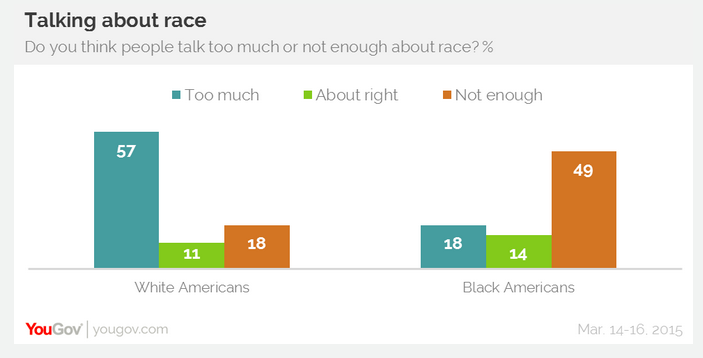
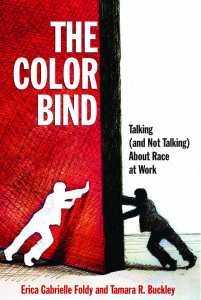


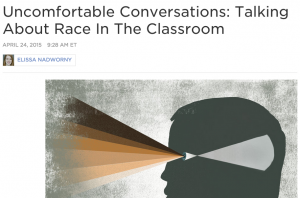
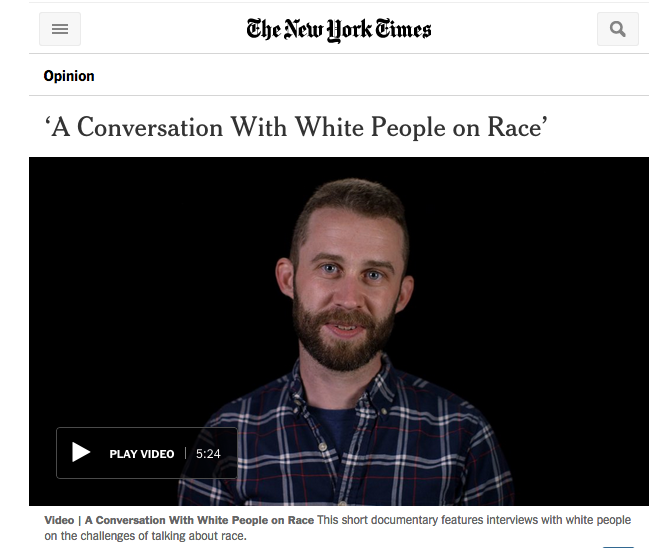

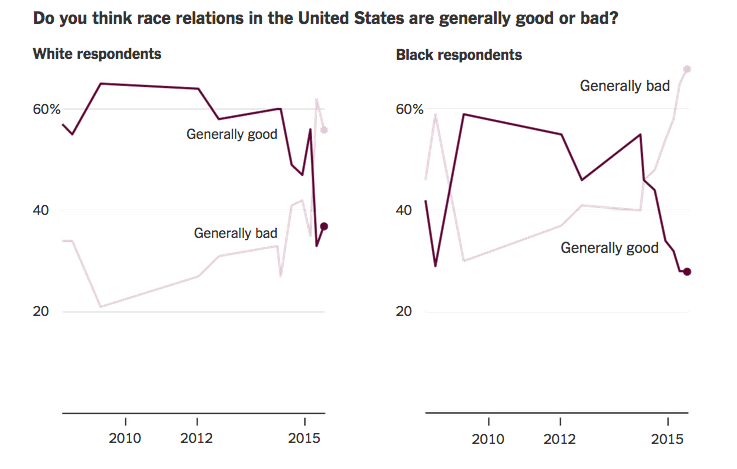

Comments